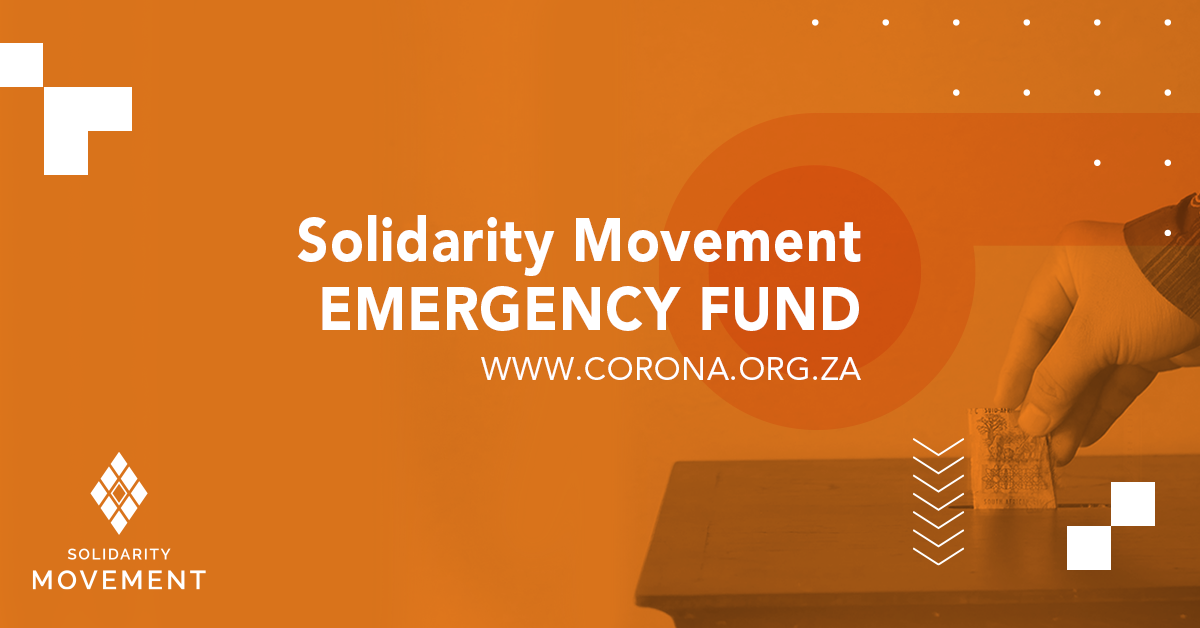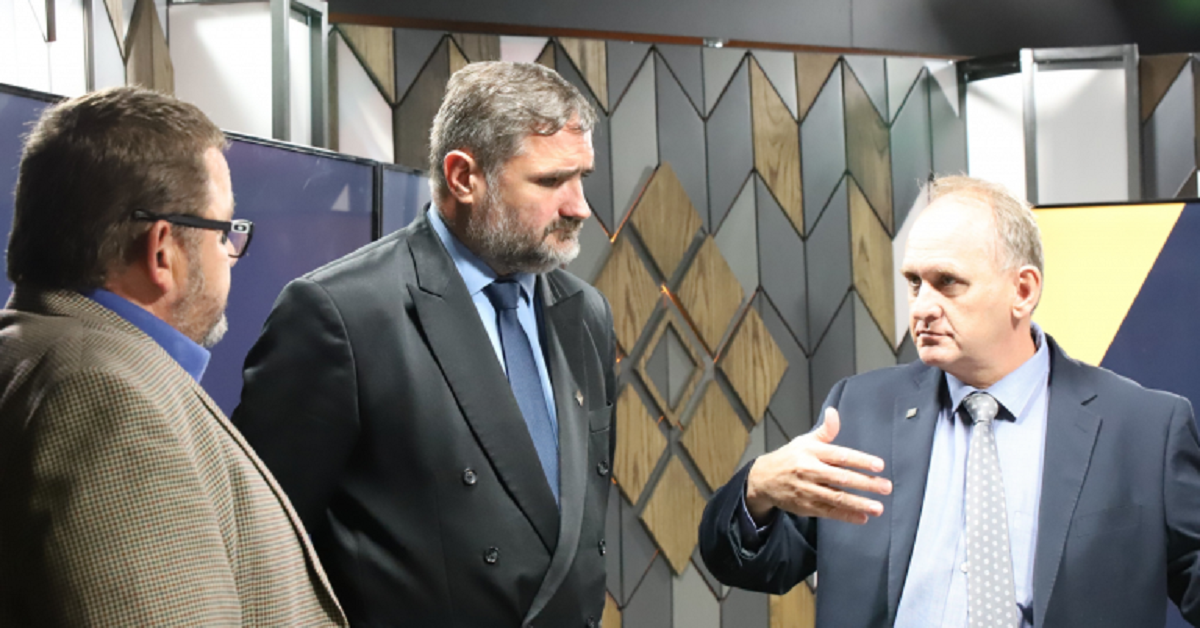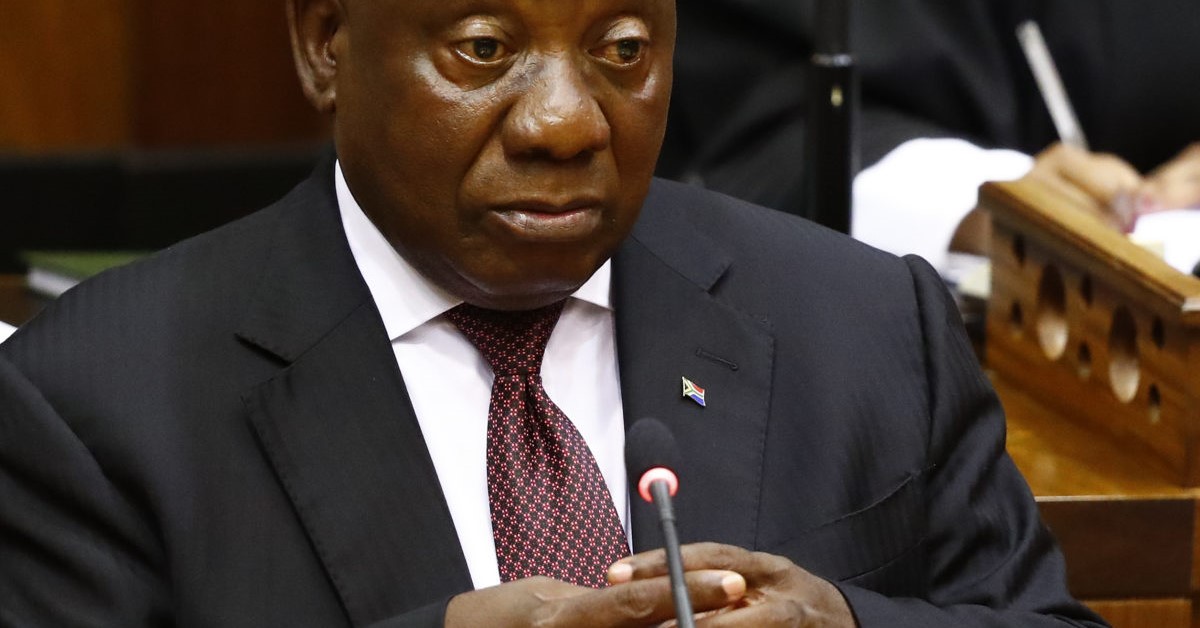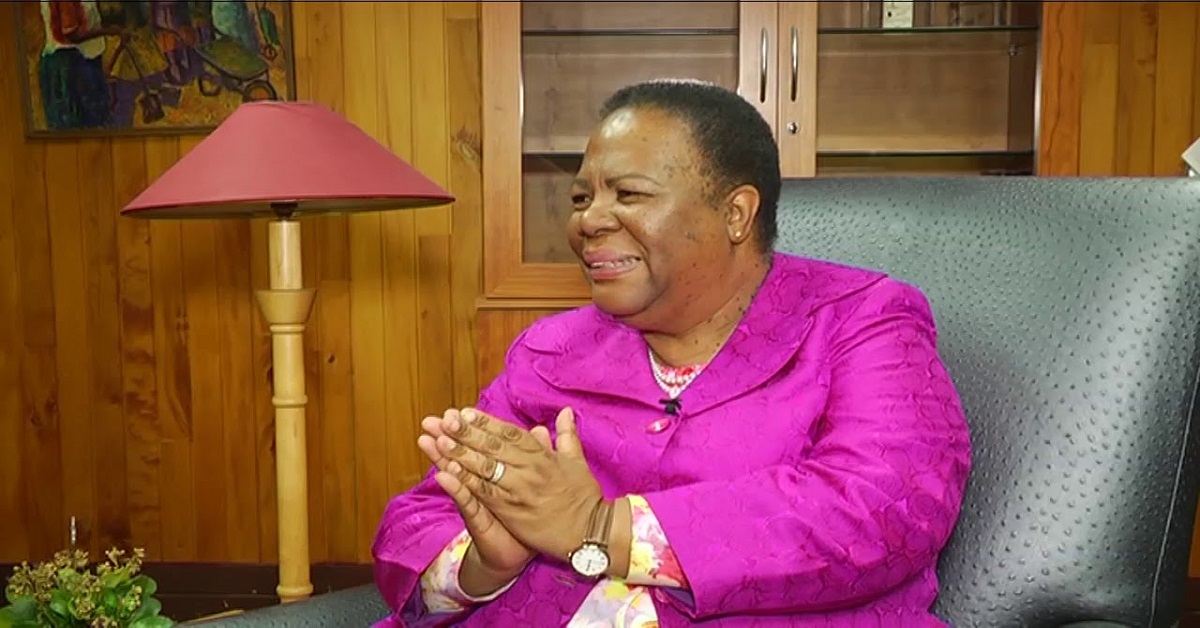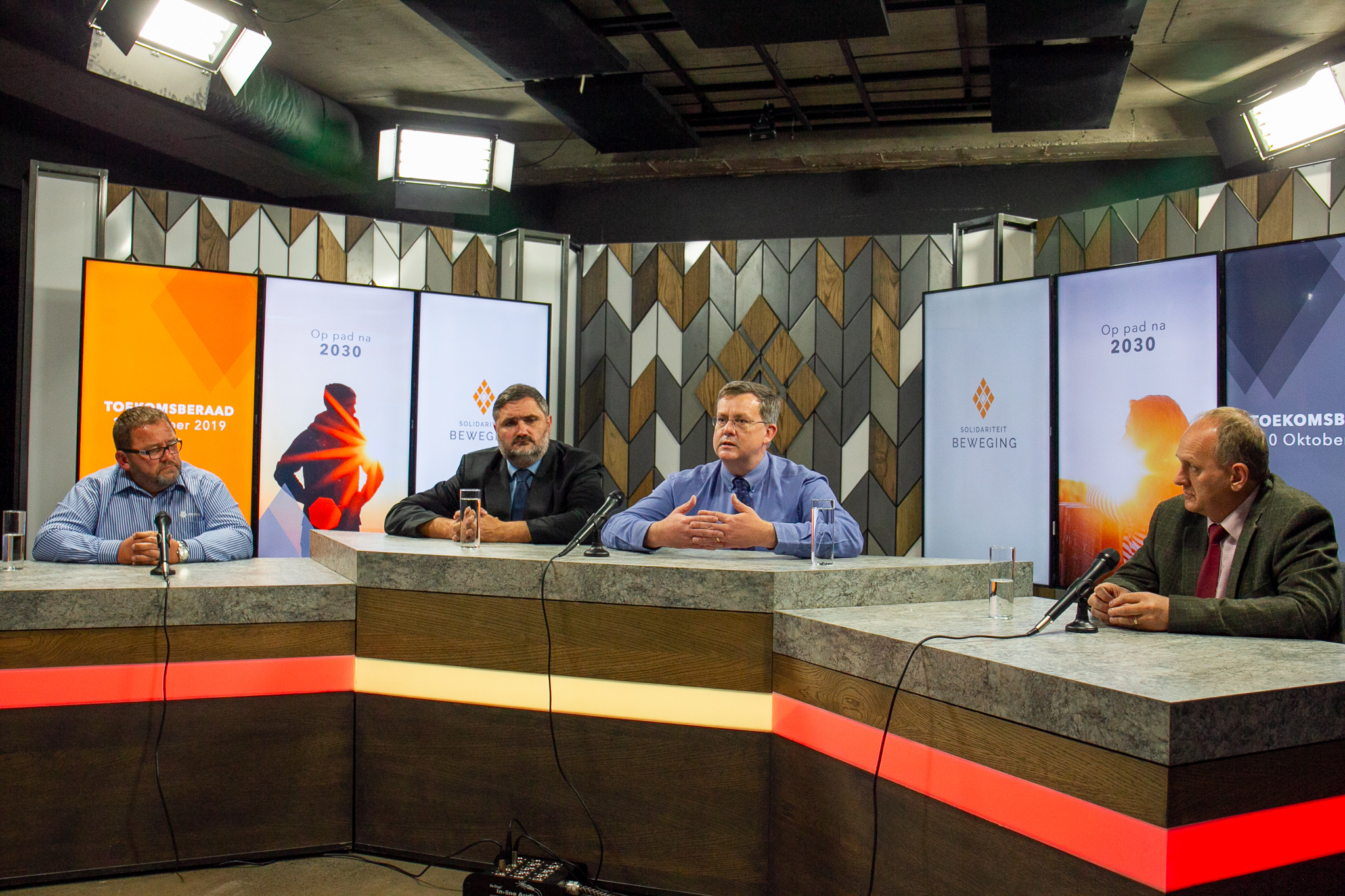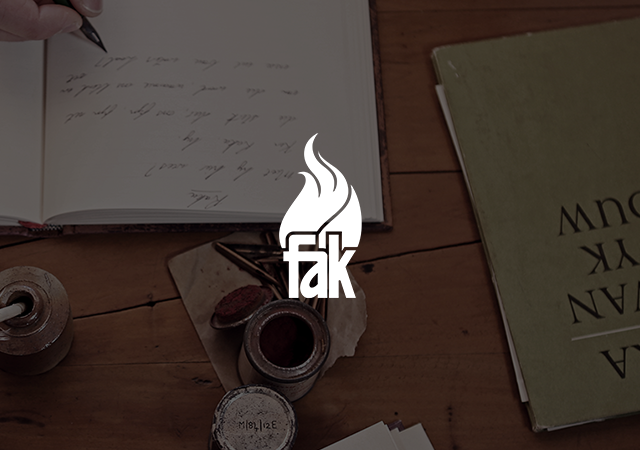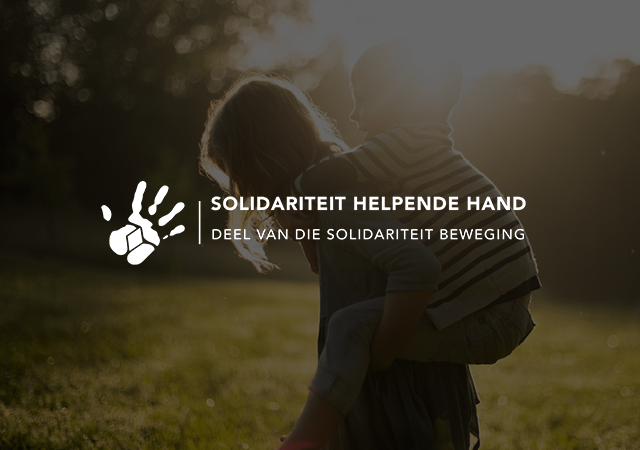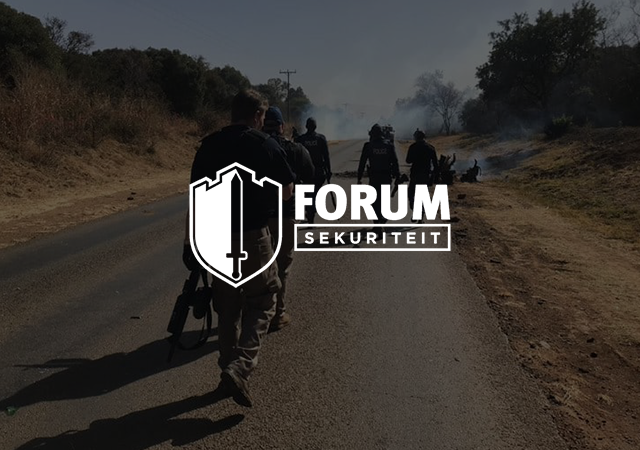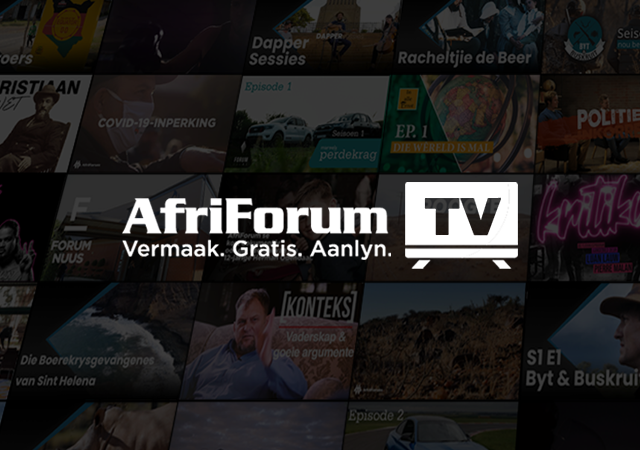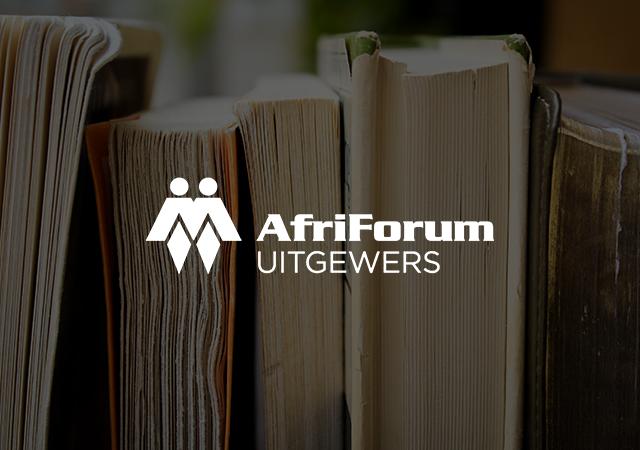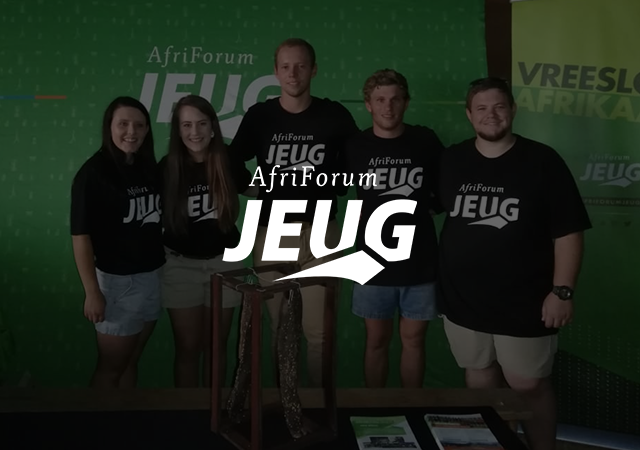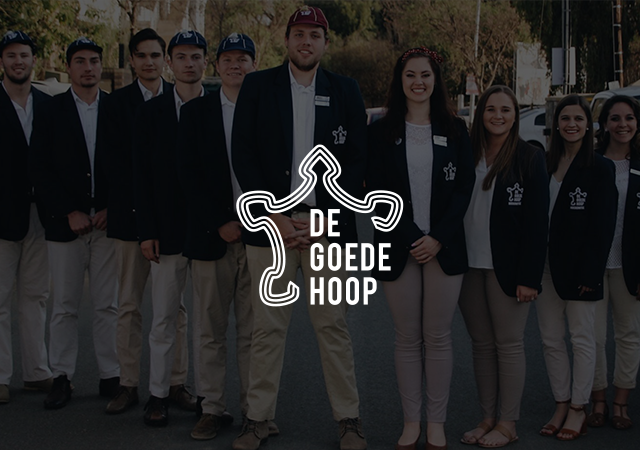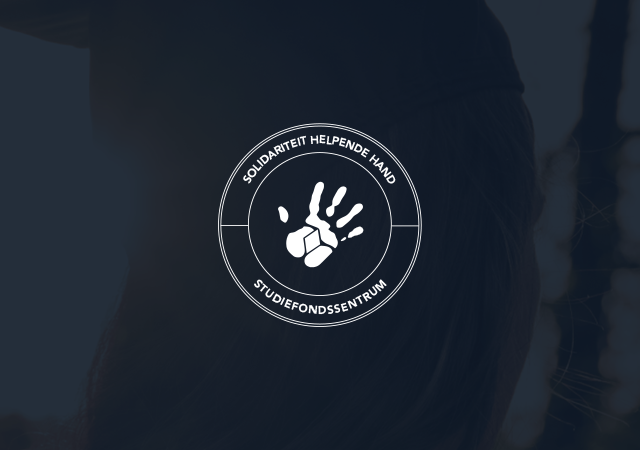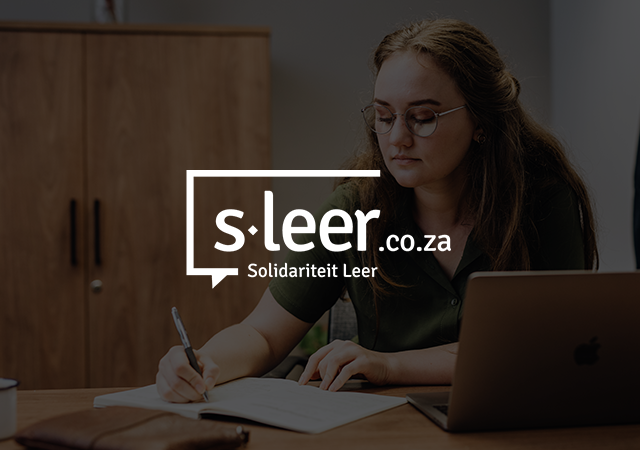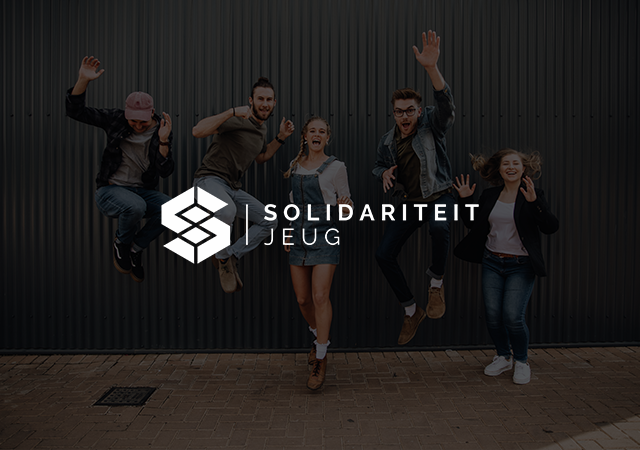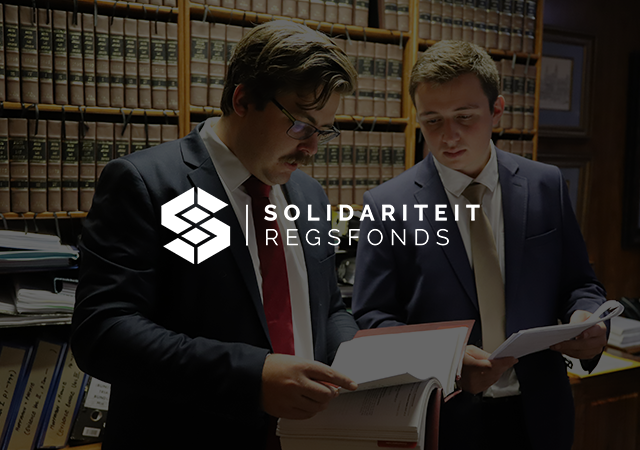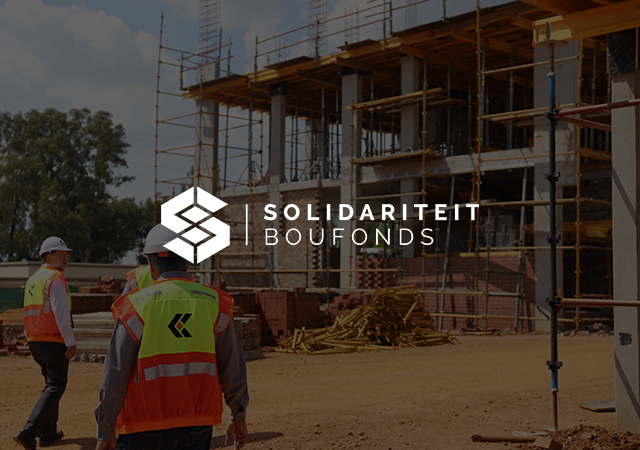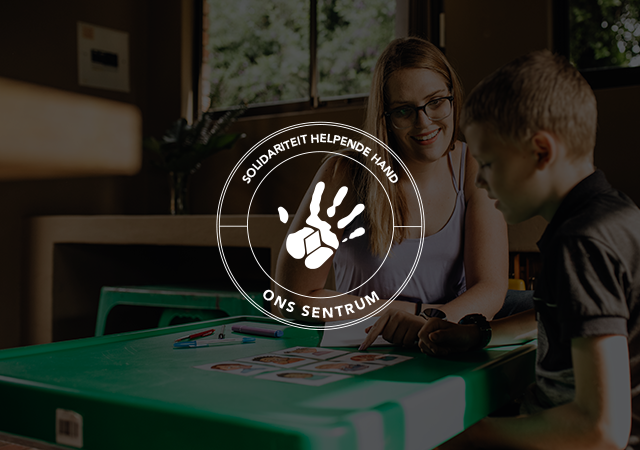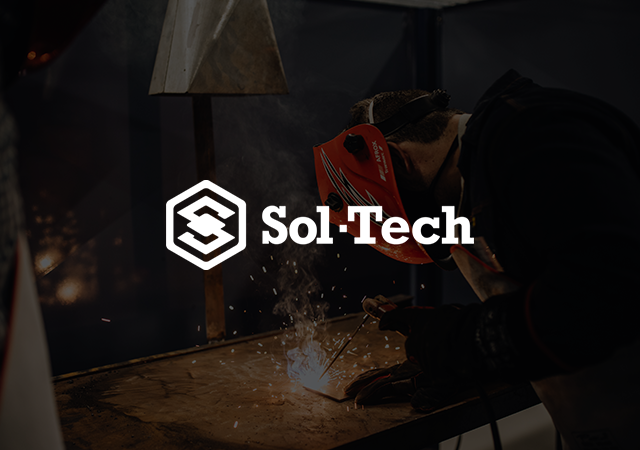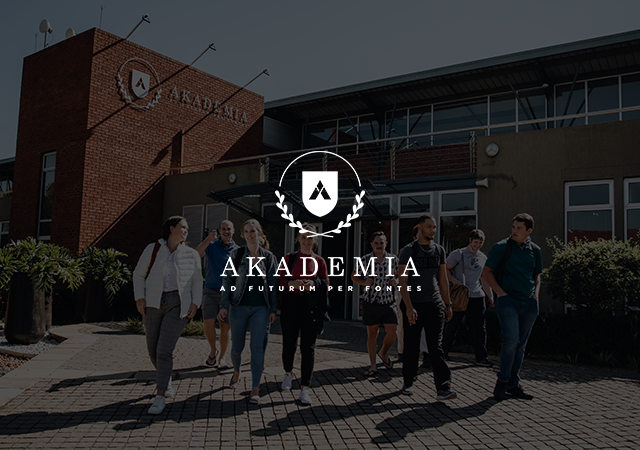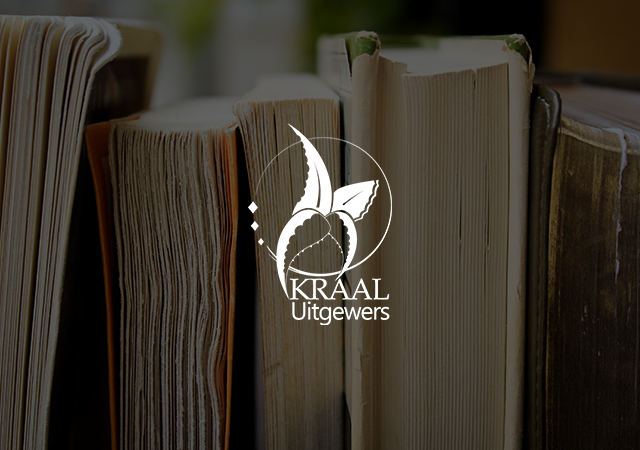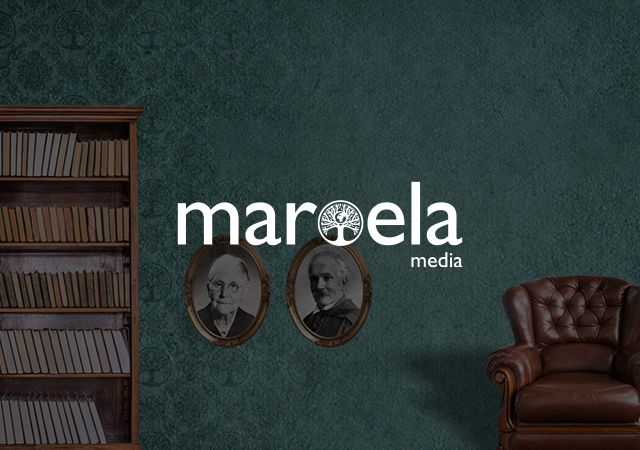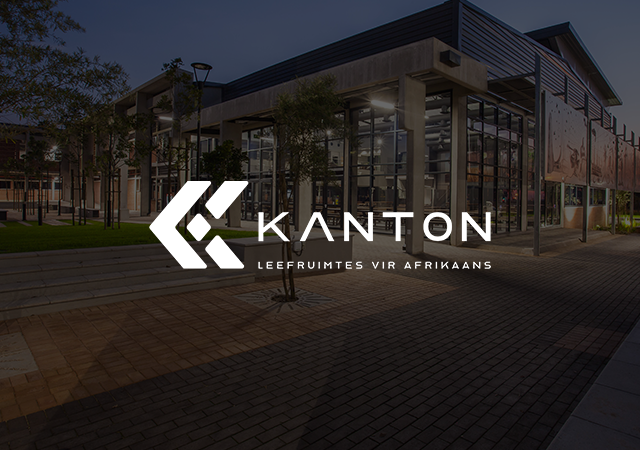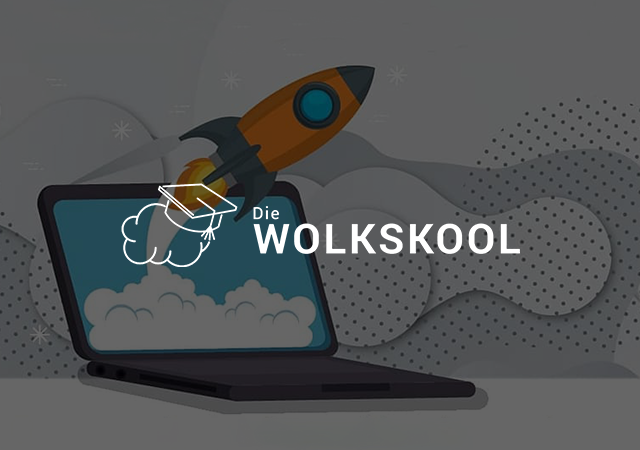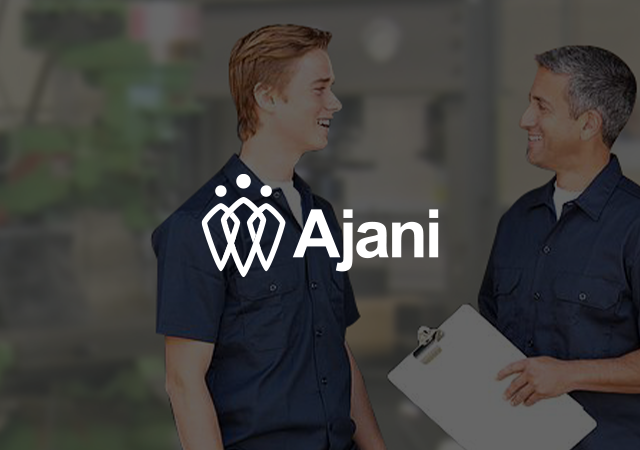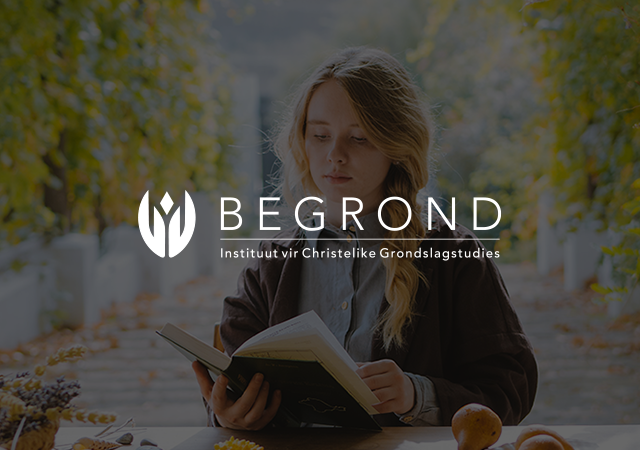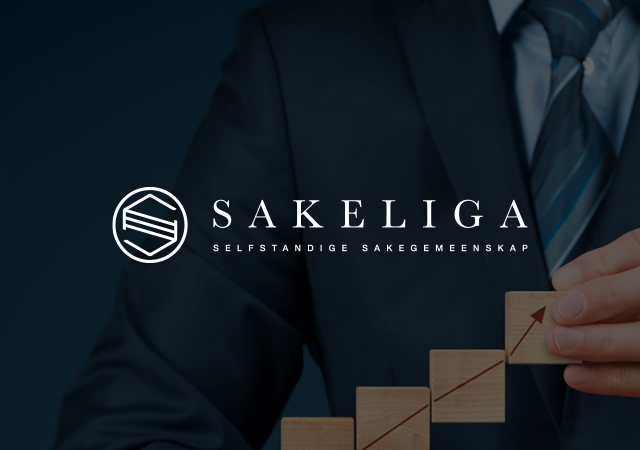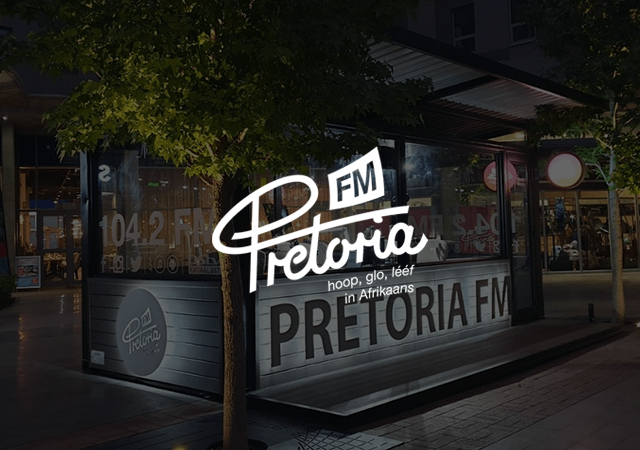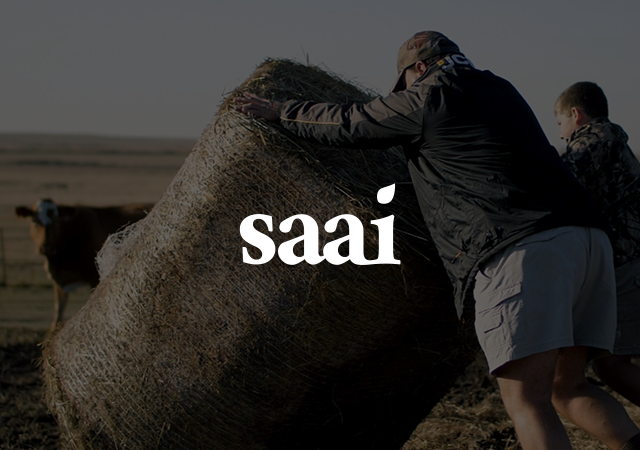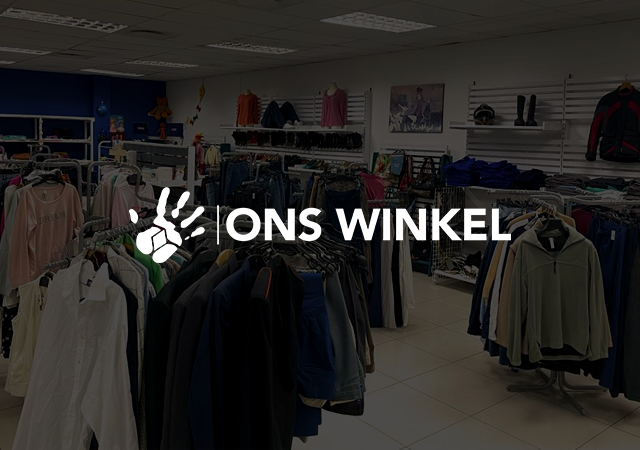The Virseker Trust announced that it will donate R1 million to the Solidarity Movement’s emergency fund. The fund’s goal is primarily to help children and the elderly with emergency feeding projects and to see to it that learners continue their education during the Covid-19 crisis thanks to the Schools Support Centre’s e-learning platform, Wolkskool.
Flip Buys, chairperson of the Solidarity Movement, welcomed the donation. “We are very concerned about the social crisis that will develop as a result of the corona crisis. Children and the elderly are often hit hardest. The income of so many people has been reduced overnight. We are calling on larger and smaller businesses to help, and to those who are already helping, such as the Virseker Trust, we want to say a big thank you,” Buys said..
According to Hannes Noëth, Solidarity Helping Hand’s executive director, a social crisis follows in the wake of an economic crisis. Before the Covid-19 crisis Helping Hand was already supporting 8 000 preschoolers thanks to its Lunchbox Project, an emergency nutrition project. This number is now increasing daily and Helping Hand is inundated with requests for help to vulnerable groups. In March alone, we spent R753 739 on emergency projects, which is why it is essential to boost the emergency fund.
Solidarity Helping Hand has established donation points for non-perishable food nationwide. These points are called Joseph’s Silos. Thousands of people and specifically children who have previously received help from Solidarity Helping Hand’s nutrition project will benefit from this initiative. Such help will be provided by Helping Hand’s countrywide network of offices and branches.
Half of the Virseker Trust’s donation will be allocated to social assistance, and specifically the Joseph’s Silos. The other half will be allocated to the further development of the e-learning platform, Wolkskool, to ensure that children do not fall behind with their schoolwork. A total of 53 000 learners have already registered for Wolkskool during the Covid-19 crisis time.
On 7 April the Solidarity Movement will organise a huge Helpmekaar Day in the spirit of helping each other in aid of the Solidarity Movement’s emergency fund.
Dirk Hermann, Solidarity’s chief executive, challenged the community to donate at least a rand for each rand Virseker has donated. “We dare not allow our vulnerable groups and children to suffer during the crisis. We must still the hunger for food and help as well as the hunger for knowledge,” Hermann said.
On the Helpmekaar Day an appeal will also be made to the community to assist small and medium businesses. According to AfriForum Chief Executive Kallie Kriel, the best help for businesses lies in the buying power of consumers. Thousands of businesses have already registered with AfriForum’s business network at afriforumnetwerk.co.za. Businesses are encouraged to register with the network so that people can be encouraged to buy from them.
Donations can be made at www.helpendehand.co.za, www.afriforum.co.za, or at www.krisisfonds.co.za
The Solidarity Movement’s emergency fund is audited by Solidarity Helping Hand’s auditors and a special oversight committee will ensure that the money is used in the appropriate way.
